Hector Berlioz dismissed Handel as ‘that tub of pork and beer’ but it wasn’t always like that. Picture a younger, sexier Handel, rocking into Rome aged 22 and challenging Scarlatti to a keyboard duel. The Italian elite couldn’t get enough of Il caro Sassone, ‘the darling Saxon’, and he repaid them with 80-odd short Italian cantatas: little controlled explosions of character, colour and flamboyant melody in which his whole future career as a musical dramatist can be heard in concentrated form.
Already a subscriber? Log in
Subscribe for just $2 a week
Try a month of The Spectator Australia absolutely free and without commitment. Not only that but – if you choose to continue – you’ll pay just $2 a week for your first year.
- Unlimited access to spectator.com.au and app
- The weekly edition on the Spectator Australia app
- Spectator podcasts and newsletters
- Full access to spectator.co.uk
Unlock this article
You might disagree with half of it, but you’ll enjoy reading all of it. Try your first month for free, then just $2 a week for the remainder of your first year.

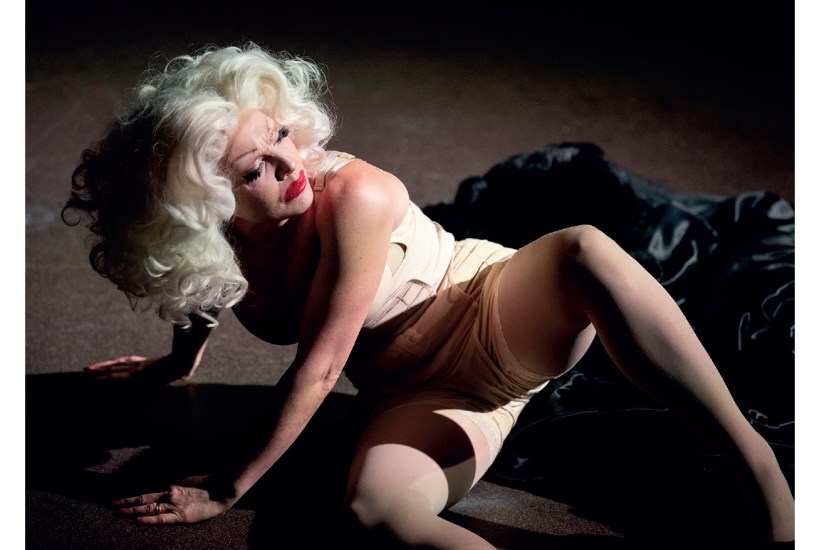
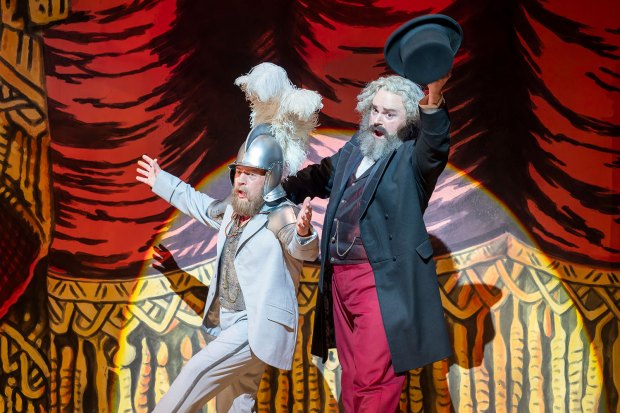

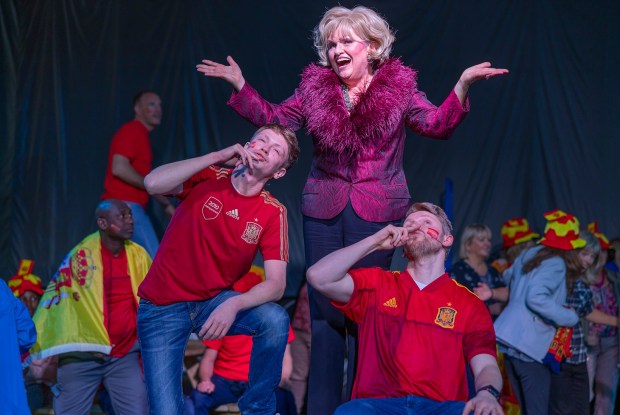
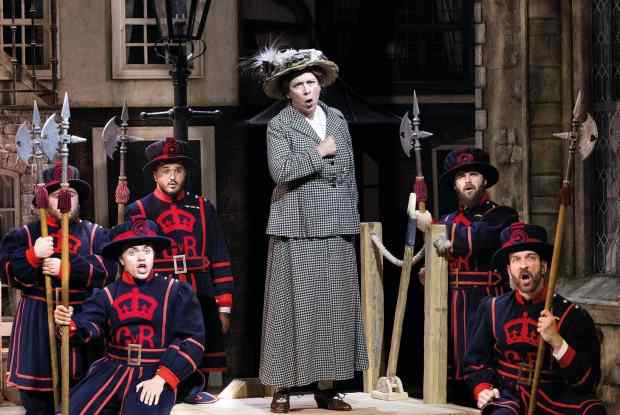

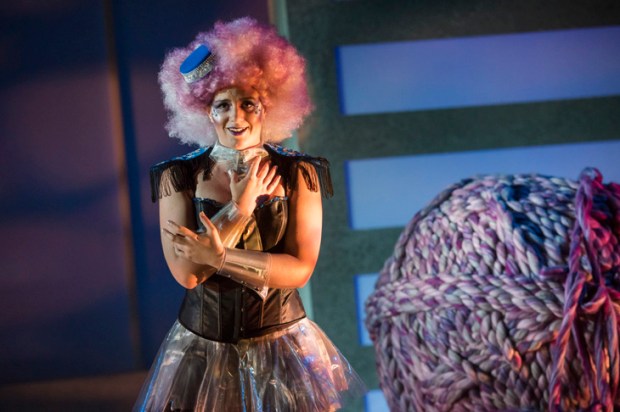






Comments
Don't miss out
Join the conversation with other Spectator Australia readers. Subscribe to leave a comment.
SUBSCRIBEAlready a subscriber? Log in